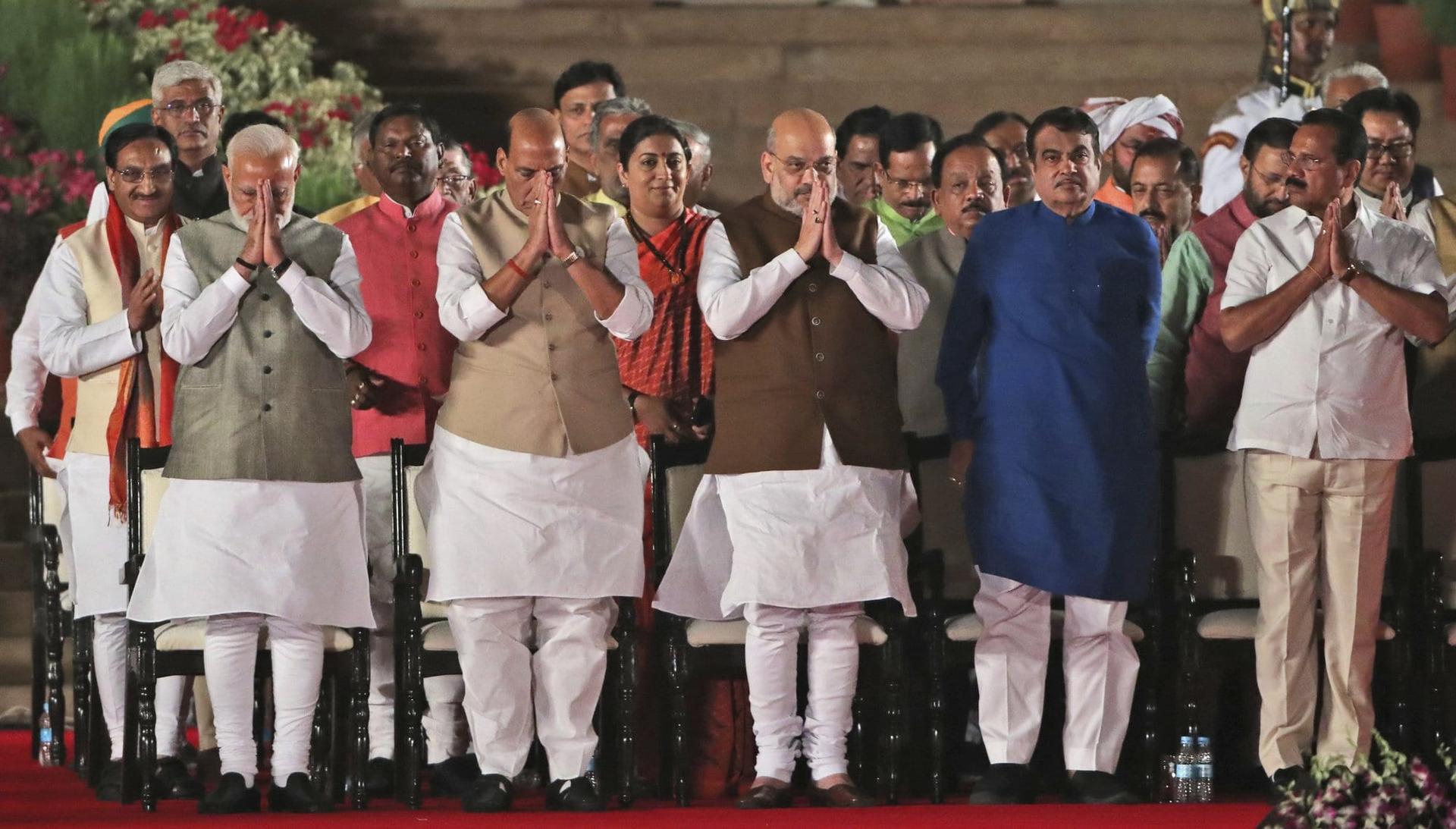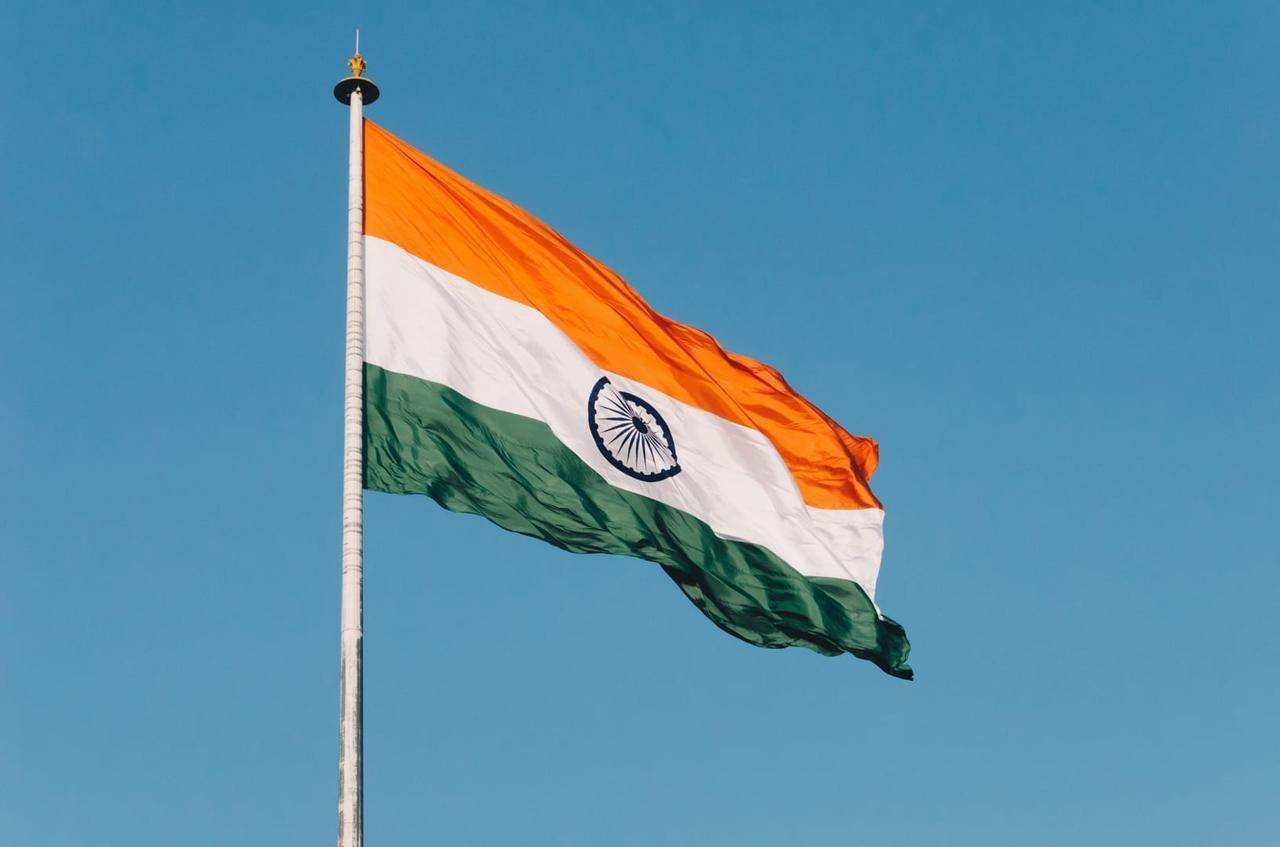MUMBAI, India – Christian leaders in India have been outraged by comments by a government minister comparing religious conversion to exchanging sex for favors.
Pratap Chandra Sarangi, who serves as the Minister of State for Animal Husbandry in Prime Minister Narendra Modi’s new cabinet, was speaking in an interview with ThePrint.
“Suppose somebody helped a girl in a medical or engineering college and wanted to enjoy the girl physically. That would be treated as a crime, an inhuman act. Similarly, if somebody wants to convert or exploit someone’s belief by giving some service or money, then that should also be treated as a crime — a crime against nature, a crime against humanity,” he said.
“Conversion has been done throughout the country through fraud, force or allure. This is illegal and subject to punishment under this law,” Sarangi said.
Hindu nationalists often accuse Christians of using force and surreptitious tactics in pursuing conversions, often storming into villages and leading “reconversion” ceremonies in which Christians are compelled to perform Hindu rituals.
India’s 6-week long general election ended in late May, with the Bharatiya Janata Party (BJP) winning 303 of 542 seats in the lower house of parliament. The party’s closest rival, the long-dominant Indian National Congress, won only 52 seats, with party leader Rahul Gandhi losing his seat in parliament to his BJP rival.
RELATED: India’s political earthquake could jeopardize Christian minority
The BJP has strong links to the Rashtriya Swayamsevak Sangh (RSS), a militant Hindu nationalist organization. Religious minorities have complained of increased harassment since the party first took power in 2014 on a Hindu-first platform.
Incidents of harassment against Christians and other religious minorities have increased over the past five years across India, with various Christians being detained or arrested for “attempted conversion,” and places of worship being vandalized.
Several states have anti-conversion laws, despite the fact India’s national constitution guarantees freedom of religion.
Father Ajaya Kumar Singh is a human rights activist and the former secretary of the Church’s justice and peace commission for the Orissa region, the home of Sarangi.
He called the government minister’s comments “disgusting,” adding such language “is not expected of a person holding a constitutional position.”
“The honorable minister took an oath to uphold the constitution which enshrines religious freedom under Article 25, including the right to profess, practice, and propagate one’s faith,” the priest told Crux.
He called it insulting to the people of the country to suggest that they “have no freedom of conscience and can be allured, or forced to convert.”
Singh noted that Orissa – renamed Odisha in 2011 – was the first state in India to pass an anti-conversion law, and was the location of the 2009 Kandhamal anti-Christian pogrom, which left roughly 100 people dead, thousands injured, 300 churches and 6,000 homes destroyed, and 50,000 people displaced.
“Such comments by the minister as Odhisha recently marked the tenth anniversary of the large scale violence against the Christian community, instills a sense of insecurity in the minorities all over the country,” he said.
Sajan K. George, the president of the Global Council of Indian Christians (GCIC), said Sarangi has “made a sport of targeting miniscule peace-loving Christians” of the country.
“Hardly any fraudulent or forced conversions have been proved in a court of law in India,” he said.
Conversion to another religion requires extensive paperwork. For the Catholic Church, adherence to these laws is taken seriously, even if the process is onerous. However, poor and lower-caste Indians often convert to smaller denominations, and face obstacles when they try to follow the conversion laws.
George said Sarangi is trying “to whip up passion and create a climate of hatred against pacifism and peace carried out by Christians.”
Just under 80 percent of India’s population is Hindu. The largest religious minority are the Muslims, who make up nearly 15 percent of the people, while Christians are only 2.3 percent. There are also a number of Sikhs, Jains, Buddhists, Zoroastrians, and members of the Baha’i faith.
Although Christians are a small percentage of the people, they enjoy an outsize degree of visibility and respect, in part because they operate many of the country’s best-regarded schools, hospitals and social service centers.
In the buildup to the election, the BJP held a meeting with religious minorities to help the party develop a more inclusive manifesto. Party leaders pushed their pro-business and muscular defense policies, contrasting them with the more socialist Congress party.
However, after their landslide victory, there are concerns the party will feel emboldened to accelerate its Hindu-first policies.
Modi took a conciliarity tone, claiming the 2019 election was a force for “social unity.”
“It is generally said that the election divides, creates distances, makes walls. But the 2019 elections have worked to break the walls,” he said.
In a May 25 message congratulating the prime minister, Cardinal Oswald Gracias – the Archbishop of Bombay and president of the Catholic Bishops’ Conference of India – urged Modi to work for “a strong and inclusive India.”
“We are all eager to work together for the vision of a New India which your Excellency has spoken about – a New India which gives hope and energy to our youth, empowers our women especially in rural areas, opens new and sustainable opportunities for our farmers and strengthens our economy while leaving no one behind: A New India which enjoys peace and prosperity and continues to make progress,” the cardinal wrote.
Crux is dedicated to smart, wired and independent reporting on the Vatican and worldwide Catholic Church. That kind of reporting doesn’t come cheap, and we need your support. You can help Crux by giving a small amount monthly, or with a onetime gift. Please remember, Crux is a for-profit organization, so contributions are not tax-deductible.















